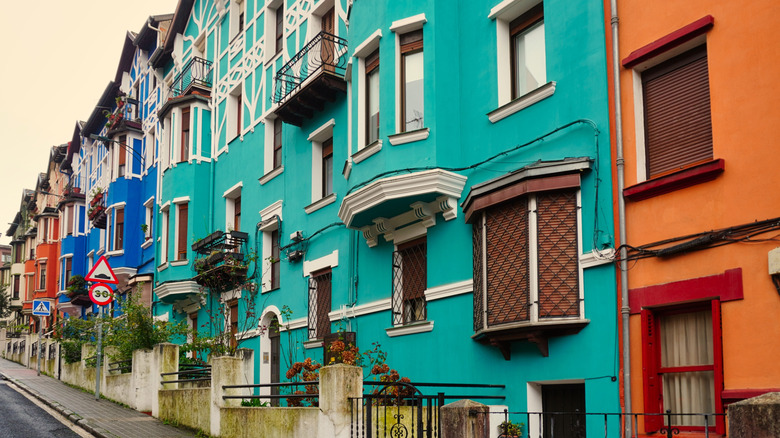Tourists Should Stay Alert About Spain's Latest Property Tax Plan
Who wouldn't want a house in Spain? Some little casa with plaster walls and a terracotta roof. A balcony for morning coffee and admiring sunsets. Boxes of flowers in every window sill, their blooms busy with bees. Neighbors call, "Buenos días!" from across the cobbled street. Yes, you've already been considering a vacation home, and Spain has exactly the climate and culture you love. And hey, you could even rent it out when you're not staying there yourself. You might even make a profit!
Then you see it: a tax bill for 100% of the value of your house. You're gobsmacked. For every euro you paid for the building and property, you must pay another euro. You're effectively paying for this house twice.
This nightmare situation isn't yet a reality, but it might be in the near future: Spanish Prime Minister Pedro Sánchez has proposed a new law that would heavily tax residential property in Spain — but only when that property is owned by citizens outside the European Union. If you legally live in the EU, you have nothing to worry about; taxes will remain at their current rate. But if you come from anywhere else, such as the U.S. or post-Brexit U.K., you're cruising for a financial bruising. Whatever asking price you've seen on real estate listings in Seville or León, assume you'll have to double it.
When the Spanish housing crisis gets tough, the tough levy taxes
Why such drastic measures? Spain's housing crisis. The Iberian nation is struggling to match low-income families with affordable homes. Many people blame the tourism boom in Spain. Renting out houses and apartments is big business for property owners, especially in popular destinations like Barcelona, Valencia, and Madrid, and Spain has seen a growing number of protests against over-tourism. A large percentage of homeowners aren't even Spanish residents; they live in other countries and rent out their properties to travelers. As a result, rents and mortgages ballooned 8.3% in 2024.
Spain's tourism industry has exploded over the past two decades, which rebounded dramatically after COVID-19 and totaled 94 million visitors in 2024. With so many underrated destinations across Spain, as well as its captivating culture, accessible languages, and seamless public transportation, it's no surprise how popular the nation has become. At the same time, protests and tax proposals aren't the first sign of trepidation: Last year, Royal Decree 933/2021 required additional personal data from hotel guests, suggesting a keener interest in travelers' movements.
The housing crisis may surprise many foreigners, who keep hearing about cheap old cottages and whole villages going up for sale. An enormous British population has taken particular advantage of this real estate craze, thanks to better weather and close proximity, and British expats number more than 300,000. Yet Prime Minister Sánchez asserts that this trend has reached its breaking point — and the Spanish are ready to write up a bill.

